There are (at least) three important lecture occasions in a professor’s career. First, there is the sample lecture testing the professorial candidates’ teaching abilities when the post is filled. After being appointed to their post, the new professor gives an inaugural lecture to demonstrate their newly verified professorial wisdom. Finally, at the end of their career, the farewell lecture delivers the professor’s goodbye to academia as they join the ranks of emeriti.
Many of our students at the English department are interested in topics of gender and sexuality in their papers and theses and choose Gender Studies as a minor subject. In the past, I was one of those students and now, I am an English scholar with questions of gender and sexuality at the centre of my research into Anglophone literature and culture. The farewell lecture of my former teacher, boss, viva custos, and mentor, Professor of Gender Studies, Marianne Liljeström, took place on August 25th, 2020 in the socially distanced lecture hall as well as online to celebrate her long career in building the now well-institutionalized discipline of gender studies in the Finnish, Nordic and international contexts.
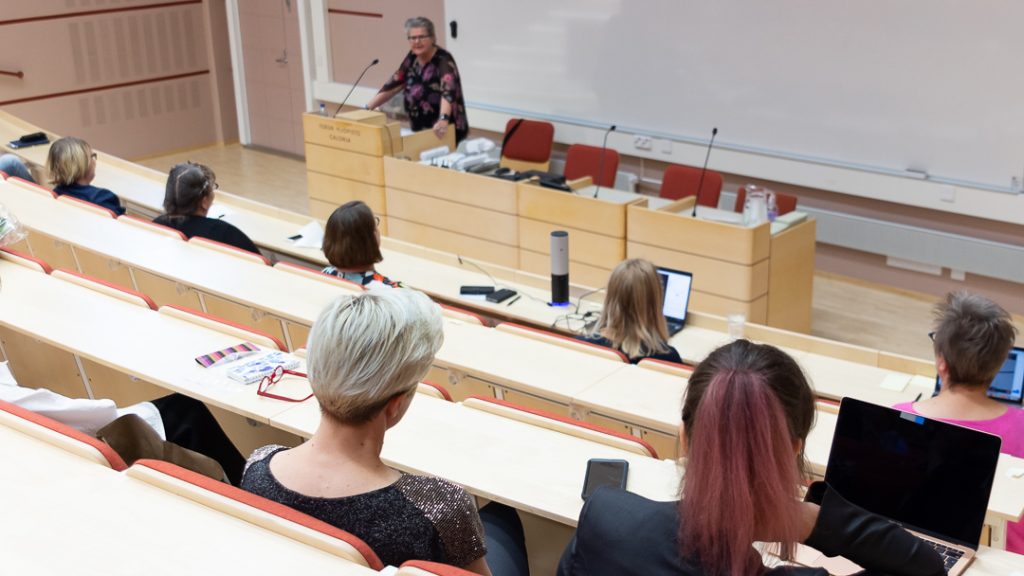
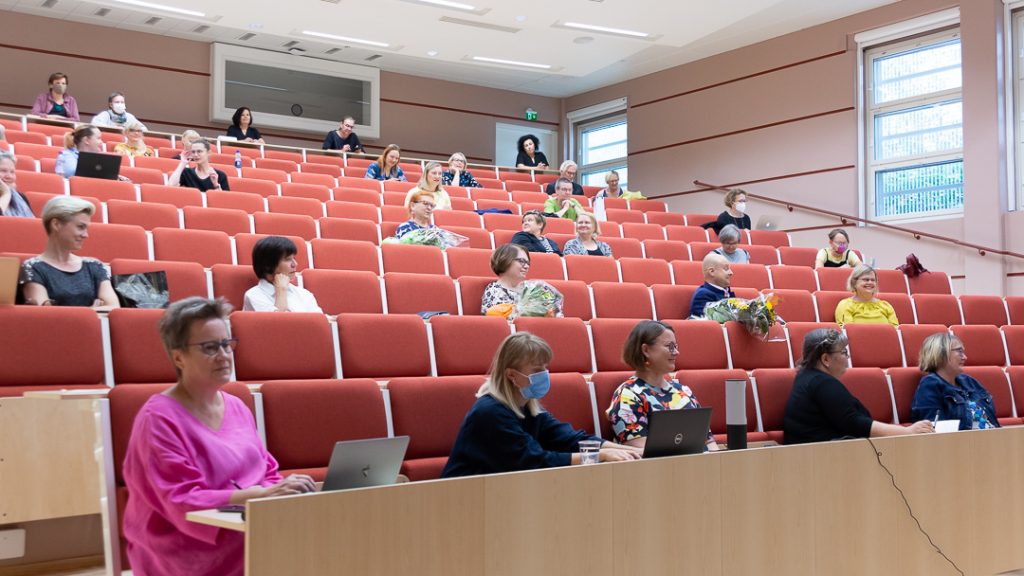
In addition to the farewell keynote, in her true collective fashion, Professor Liljeström welcomed a panel of speakers to join her after her lecture. This is how I will remember Marianne as a scholar and educator, always encouraging others to join her endeavors and working in a collective fashion. By inviting three panelists to discuss the past and future of her discipline, Marianne once again showed her solidarity, as she put the focus from herself to the thoughts, ideas and theories surrounding the field and how best to continue building it.
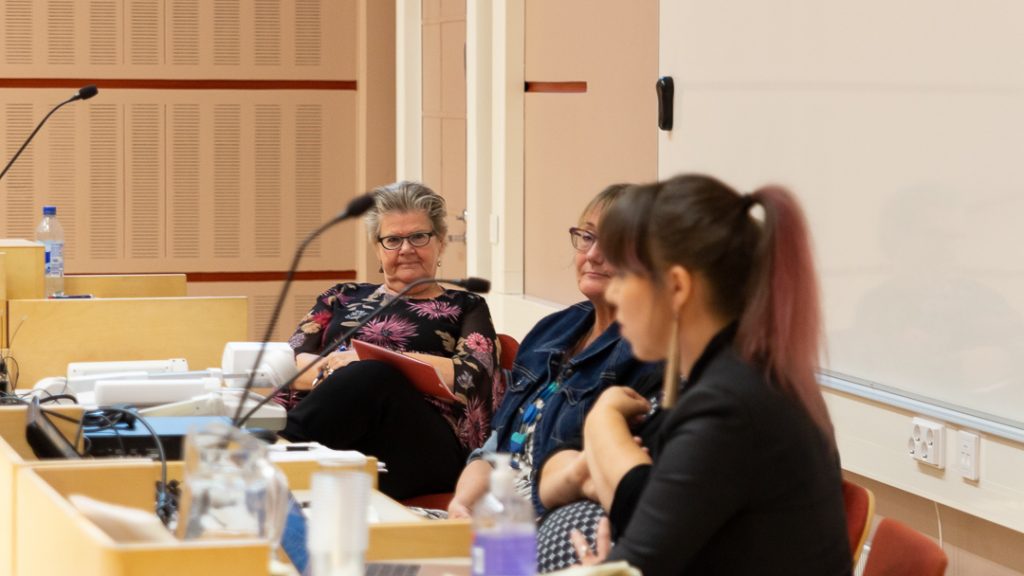
A historian by training, Liljeström began her lecture by placing the major points of her professional career on a timeline to chronicle how timing has been on her side throughout: thanks to the Finnish education system, she was able to study at no cost despite coming from a humble background. She was also able to study abroad (in Moscow, Berkeley, Birmingham and elsewhere), and her own academic training coincided with the development of Gender Studies as a discipline, which she then as a full-fledged scholar awas ble to help institutionalize.
One of the important key remarks that Marianne shared with us in the farewell lecture, was how history is never merely discursive and hence immaterial, but that the work of remembering begins with fleeting affective images and sensations, when we experience something as nostalgic, get teary eyed, giggly or even when we stay silent. Materiality is always embedded in remembering, which is affective (related to feelings) by its very nature. Marianne invites us to constantly question those assumptions we are taking for granted, as the conditions of determining “facts” such as what gender might mean varies by time and ideology. Universality pushes through, but it is at the same time constantly renegotiated for a more democratic future.
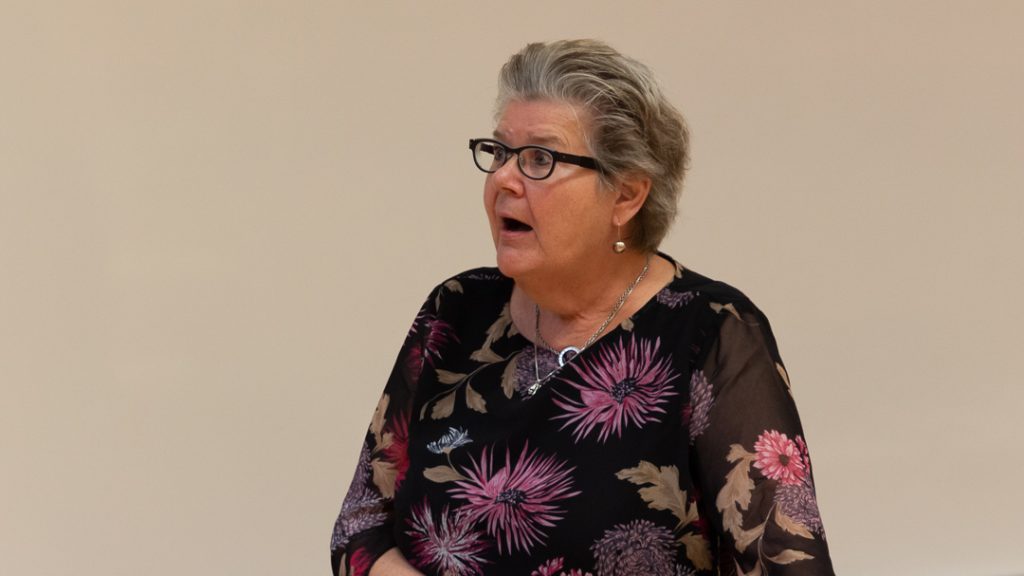
As she passed on the torch for younger generations to change the world by thought and action alike, it is time to thank Professor Liljeström for the wonderful work she has done over the years. The event was cheerful in mood, but saying goodbye incites feelings of nostalgia and other emotions, so I assume I was not the only one finding it difficult to sum up one’s feelings at the end. Perhaps best leave it to the words of Leonard Cohen: “So long, Marianne/It’s time that we began to laugh/And cry and cry and laugh about it all again”. And that’s what we did. Here’s to happy retirement days full of fun and laughter!
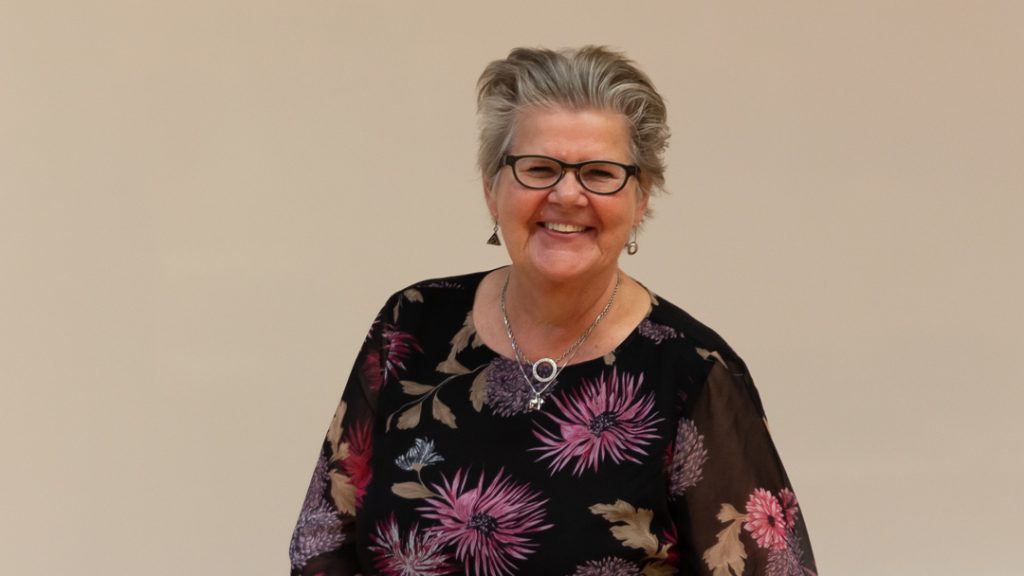
Text: Elina Valovirta
Photos: Tilda Junko